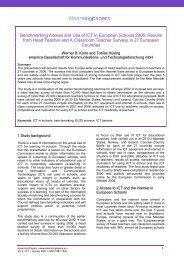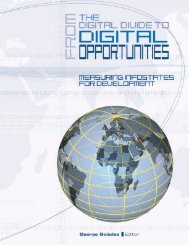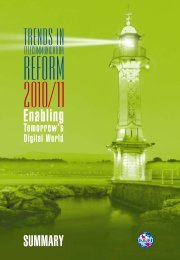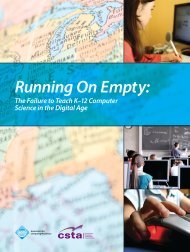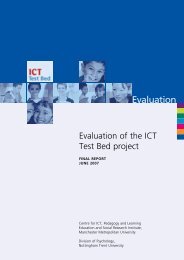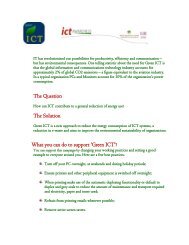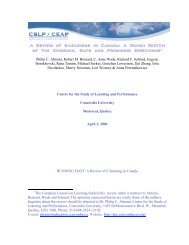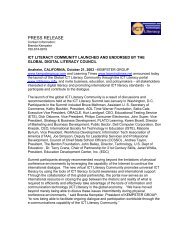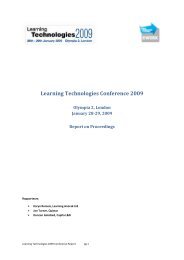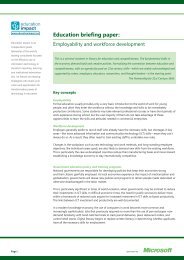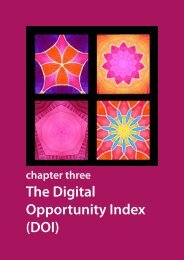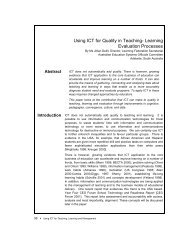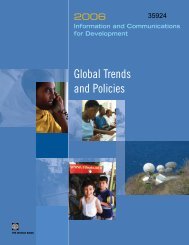Social Media - A guide for researchers - ICT Digital Literacy
Social Media - A guide for researchers - ICT Digital Literacy
Social Media - A guide for researchers - ICT Digital Literacy
Create successful ePaper yourself
Turn your PDF publications into a flip-book with our unique Google optimized e-Paper software.
There is no single ’right way’ <strong>for</strong> <strong>researchers</strong> to use social media. How you use them will depend on<br />
you, your discipline, those around you and the research you are doing. This <strong>guide</strong> should, however,<br />
provide you with the in<strong>for</strong>mation and ideas to make an in<strong>for</strong>med decision about what to use and how.<br />
‘<br />
Without social media connections I simply wouldn’t have been able to<br />
be in a research community like someone campus-based.<br />
Alun Salt (Archaeoastronomist)<br />
‘<br />
Collaboration and social interaction run through all aspects of the academic research cycle. The<br />
research community has traditionally used a variety of mechanisms to facilitate collaboration between<br />
<strong>researchers</strong>: <strong>researchers</strong> are organised into departments and research groups; they meet at conferences<br />
and meetings; and they come together to organise journals and edit books and so on. These <strong>for</strong>ms of<br />
collaboration require <strong>researchers</strong> to be located in the same place at the same time. Some funders have<br />
recognised the problems this can cause, and have provided specific funding to encourage research<br />
groups to work together across departmental, institutional and national boundaries. <strong>Social</strong> media,<br />
however, open up new <strong>for</strong>ms of collaboration that are not so bounded by time, place and access to<br />
funding.<br />
The opportunity to identify and then communicate with other <strong>researchers</strong> in your area(s) of interest can<br />
be highly valuable. This kind of academic correspondence has always happened but it has been energised<br />
with the development of the Internet. Maintaining one-to-one correspondence with everyone who<br />
might be useful to you however, quickly results in in<strong>for</strong>mation overload. The many-to-many <strong>for</strong>ms of<br />
communication that characterise social media offer a more manageable way to stay in touch with a wide<br />
variety of <strong>researchers</strong> with whom you share interests.<br />
16



